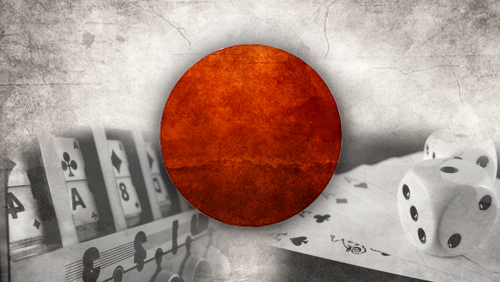 Days after members of Japanese prime minister Shinzo Abe’s coalition partner expressed concern that a proposed bill to legalize casinos may not make it to the year-ending parliament session on December 6, a panel of lawmakers from the ruling Liberal Democratic Party approved a draft of the bill. It’s still unclear if the bill can be submitted in time, but it does point to the importance and expediency lawmakers are treating this legislation.
Days after members of Japanese prime minister Shinzo Abe’s coalition partner expressed concern that a proposed bill to legalize casinos may not make it to the year-ending parliament session on December 6, a panel of lawmakers from the ruling Liberal Democratic Party approved a draft of the bill. It’s still unclear if the bill can be submitted in time, but it does point to the importance and expediency lawmakers are treating this legislation.
Ryosei Akazawa, head of the party’s transport panel, has been tasked to be the point-person in seeing this bill through the approval process and now that it has received the green light from the LDP, the next step is to bring the bill to the party’s policy panel for official backing. “We are now able to move forward,” Akazawa said, as quoted by Bloomberg.
The proposed legislation already has the support of a cross-party group of lawmakers headed by the ruling party’s deputy Secretary General Hiroyuki Hosada. But even with the approval of the ruling party, legislations submitted to parliament in the current government typically has the approval of both the LDP and junior coalition partner New Komeito.
Lawmakers from New Komeito, specifically its leader, Natsuo Yamaguchi, was the one who expressed skepticism that a consensus on the legislation wasn’t going to be passed before the current parliamentary session ends on December 6. It seems likely that such a scenario could still happen since the party has yet to agree on supporting the bill, but it’s also worth noting that essentially, the ball is in New Komeito’s court to see whether it does so or not.
For his part, Toyama doesn’t appear to be too much in a rush, telling Bloomberg that the party hasn’t decided on anything yet and a decision of such magnitude is likely to take a little time. Be that as it may, the spotlight now shifts on how New Komeito will interpret the casino legislation drafted by the ruling party. If it signs off on it, then there’s still time to pass the bill to parliament before its session ends. If it doesn’t, the bill will, in all likelihood, be passed in January when the next parliamentary session begins.






